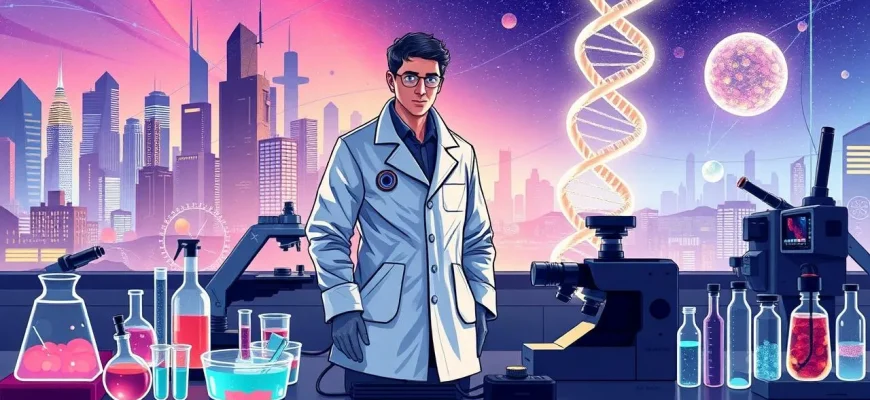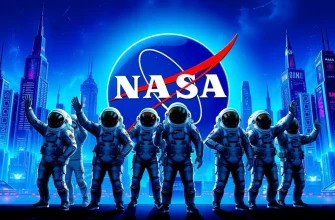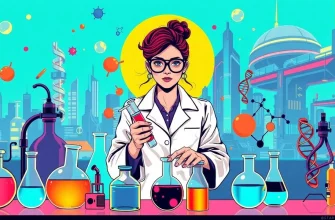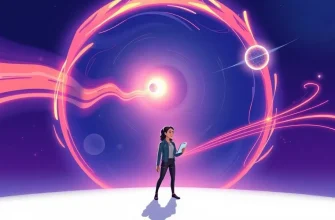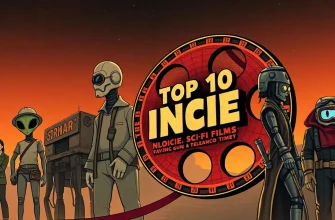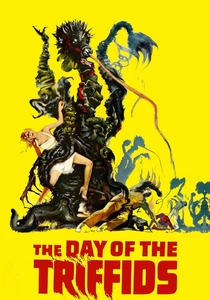
The Day of the Triffids (1963)
Description: After a meteor shower causes most of humanity to go blind, carnivorous plants called Triffids begin to take over. A biologist is among the few who can see, fighting for survival.
Fact: The film was based on John Wyndham's novel and has inspired several adaptations.
 Watch Now
Watch Now

The Andromeda Strain (1971)
Description: A team of scientists, including a biologist, must contain a deadly alien microorganism that threatens humanity. This film is a classic example of hard science fiction, focusing on the scientific method and biological threats.
Fact: The film was one of the first to use computer-generated imagery for its opening sequence, showcasing the satellite's descent.
 Watch Now
Watch Now
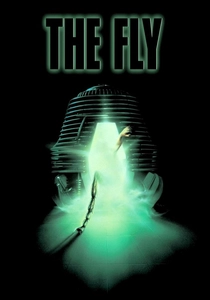
The Fly (1986)
Description: A scientist's experiment with teleportation goes awry, fusing his DNA with that of a fly. This film explores the horror of biological transformation and the consequences of unchecked scientific ambition.
Fact: The film's special effects, particularly the transformation scenes, were groundbreaking and won an Academy Award.
 Watch Now
Watch Now

Jurassic Park (1993)
Description: A group of experts, including a paleobiologist, visit an island full of revived dinosaurs, showcasing the potential and perils of genetic engineering.
Fact: The film's use of CGI and animatronics set new standards for visual effects in cinema.
 Watch Now
Watch Now
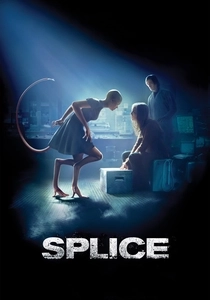
Splice (2009)
Description: Two genetic engineers, one a biologist, create a new organism, leading to unexpected and terrifying consequences. The film delves into the ethics of genetic manipulation and the boundaries of science.
Fact: The creature Dren was created using a combination of practical effects and CGI, with actress Delphine Chanéac portraying the character.
 Watch Now
Watch Now
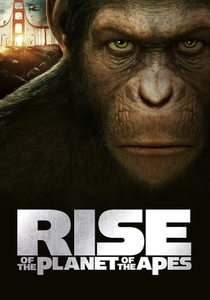
Rise of the Planet of the Apes (2011)
Description: A scientist develops a drug to cure Alzheimer's, but it has unintended effects on primates, leading to the rise of intelligent apes. This film explores the ethical implications of genetic research.
Fact: The motion capture technology used for the apes was highly advanced, earning Andy Serkis critical acclaim for his performance as Caesar.
 Watch Now
Watch Now

Annihilation (2018)
Description: A biologist joins an expedition into "The Shimmer," an area where the laws of nature are distorted, leading to bizarre mutations and transformations. This film explores themes of self-destruction, evolution, and the unknown.
Fact: The film was adapted from Jeff VanderMeer's novel, and the director, Alex Garland, chose to keep the ending ambiguous to reflect the book's mysterious nature.
 Watch Now
Watch Now
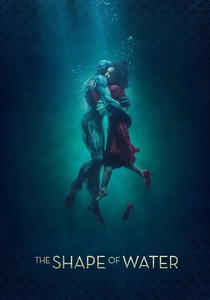
The Shape of Water (2017)
Description: While not strictly about a biologist, the film features a mute cleaner who forms a bond with an amphibious creature, touching on themes of biology, evolution, and the beauty of the unknown.
Fact: The film won four Oscars, including Best Picture, and was praised for its visual storytelling and creature design.
 Watch Now
Watch Now

Contagion (2011)
Description: While not strictly sci-fi, this film follows the rapid spread of a virus and the efforts of scientists, including biologists, to find a cure, offering a realistic portrayal of a global health crisis.
Fact: The film was praised for its scientific accuracy and was used by the CDC as an educational tool.
 Watch Now
Watch Now
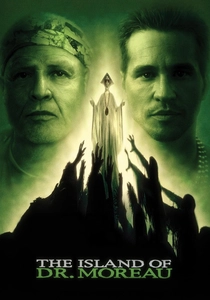
The Island of Dr. Moreau (1996)
Description: A shipwrecked man discovers an island where a mad scientist has been creating human-animal hybrids, exploring themes of evolution and the ethics of genetic manipulation.
Fact: The film had a tumultuous production, with multiple directors and script changes.
 30 Days Free
30 Days Free

